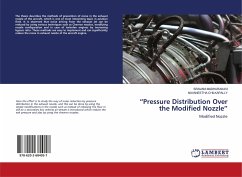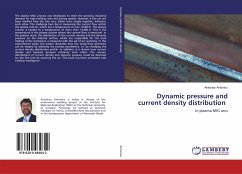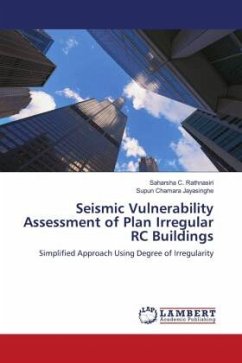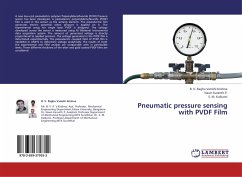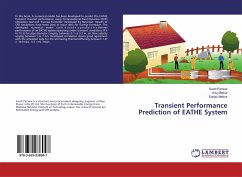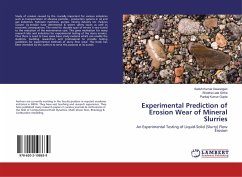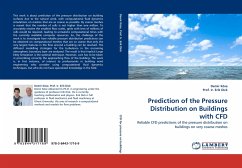
Prediction of the Pressure Distribution on Buildings with CFD
Reliable CFD predictions of the pressure distribution on buildings on very coarse meshes
Versandkostenfrei!
Versandfertig in 6-10 Tagen
52,99 €
inkl. MwSt.

PAYBACK Punkte
26 °P sammeln!
This work is about prediction of the pressure distribution on building surfaces due to the natural wind, with computational fluid dynamics simulations on meshes that are as coarse as possible. By coarse meshes is meant that the number of cells is not higher than one million. To accurately resolve the smallest flow scales, grids with tens of millions of cells would be required, leading to unrealistic computational times with the currently available computer resources. So, the challenge of the work is to investigate how reliable pressure distribution predictions can be obtained on computational ...
This work is about prediction of the pressure distribution on building surfaces due to the natural wind, with computational fluid dynamics simulations on meshes that are as coarse as possible. By coarse meshes is meant that the number of cells is not higher than one million. To accurately resolve the smallest flow scales, grids with tens of millions of cells would be required, leading to unrealistic computational times with the currently available computer resources. So, the challenge of the work is to investigate how reliable pressure distribution predictions can be obtained on computational meshes that are so coarse that only the very largest features in the flow around a building can be resolved. The different modelling strategies for the turbulence in the oncoming atmospheric boundary layer are analysed. The result is that Implicit Large Eddy Simulation is the optimal technique. However, care has to be taken in prescribing correctly the approaching flow of the building. The work is, in first instance, of interest to professionals in building wind engineering who consider using computational fluid dynamics techniques, but who do not have specialized knowledge in the field.



